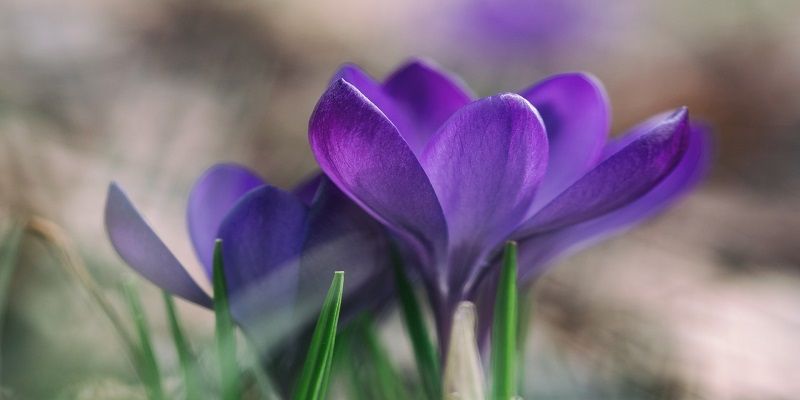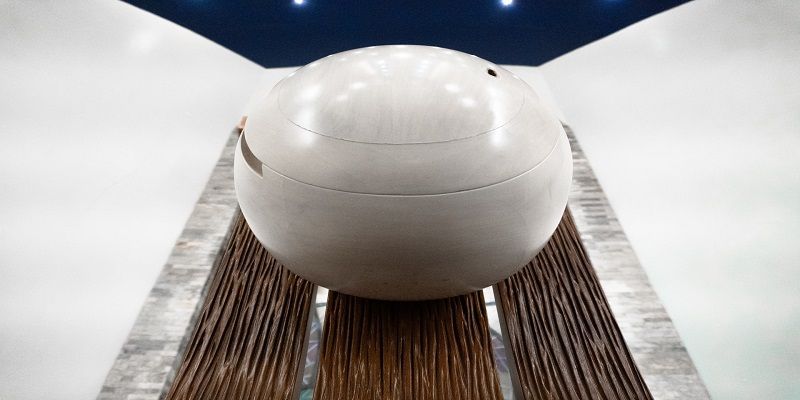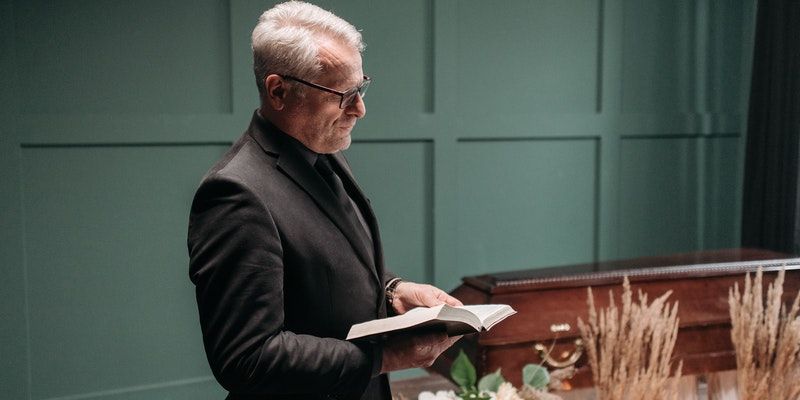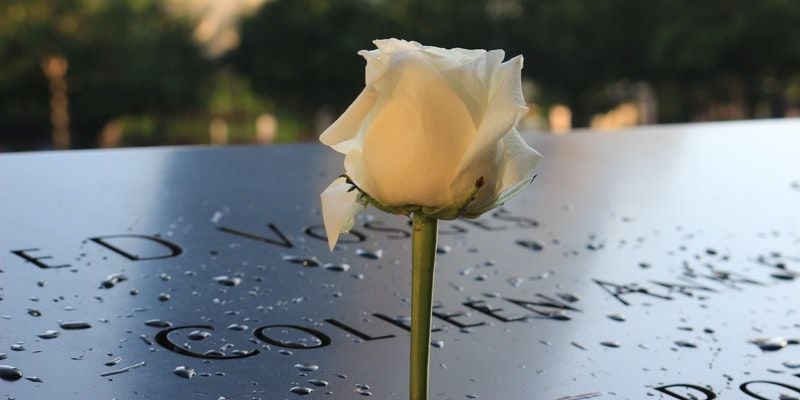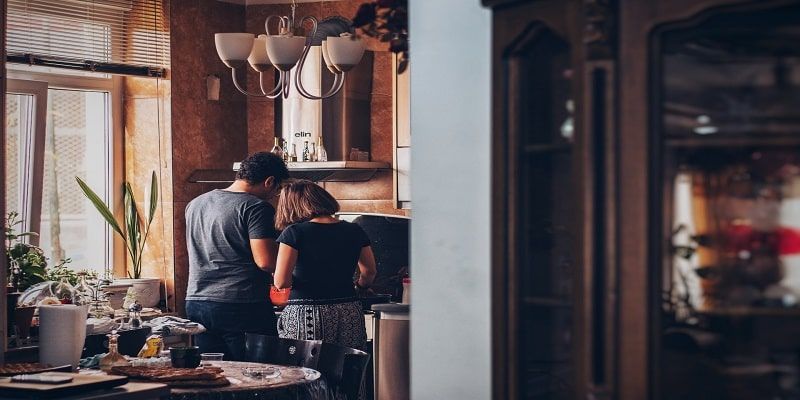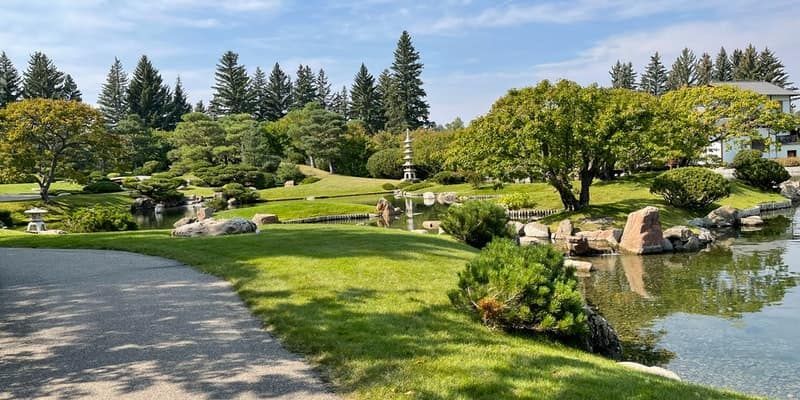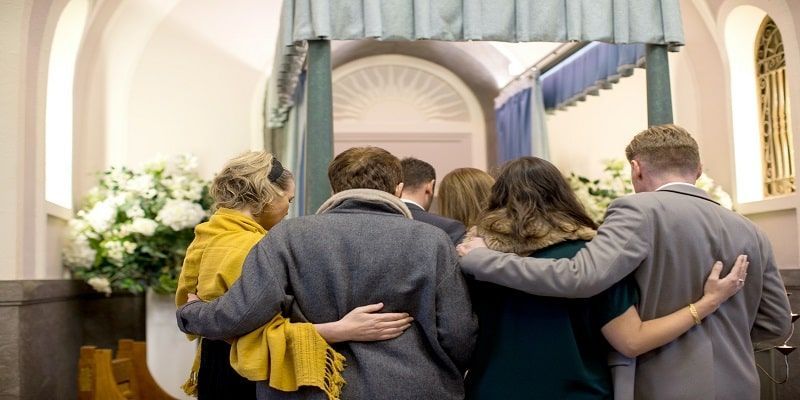The Role of Cultural Traditions in Modern Funeral Practices
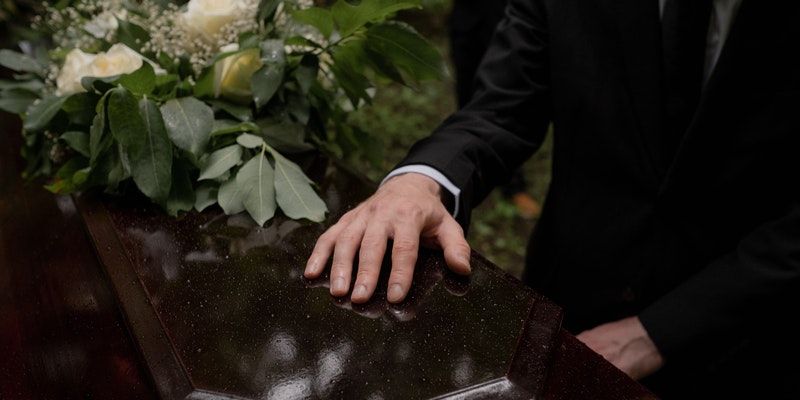
Cultural heritage continues to influence every stage of life, including the final farewell. Across the diverse communities served by funeral homes in La Habra, CA, there is a growing appreciation for the importance of honoring longstanding cultural traditions while adapting to modern expectations. This balance between heritage and contemporary convenience is reshaping the landscape of funeral services in profound ways.
Honoring Cultural Roots in a Modern World
Funeral rituals often reflect the values, beliefs, and customs of a specific cultural or religious background. In a multicultural society, these differences are not just preserved but are increasingly being celebrated. Families are no longer limited to the standard options once offered; instead, they now seek services that align with their ancestral traditions—whether through language, attire, prayers, or ceremonial practices.
In Hispanic communities, for instance, extended family gatherings, rosaries, and church masses are often essential. In contrast, Asian families may incorporate incense ceremonies, ancestral altars, and specific mourning periods based on Buddhist or Confucian beliefs. African American funerals may involve gospel music and spiritual tributes that highlight the individual's life journey. These unique elements are vital to maintaining the dignity and spiritual significance of the farewell, even as society becomes more mobile and digitized.
The Shift Toward Customization
One of the most notable modern trends is the move away from generic ceremonies to highly personalized services. Funeral directors are increasingly tasked with designing experiences reflecting the deceased's personality, values, and life story while respecting cultural frameworks. This could involve everything from curated playlists and personalized video tributes to traditional garments and faith-specific symbols.
Families often collaborate closely with funeral professionals to blend old and new elements—perhaps integrating a traditional open-casket wake with a digitally streamed memorial for distant relatives, or combining religious rites with personalized eulogies and multimedia presentations.
Navigating Multigenerational Expectations
The generational gap also plays a significant role in how traditions are maintained or modified. Older generations often emphasize religious and cultural formalities, while younger family members may prefer more flexible, intimate gatherings. Bridging this gap requires empathy, communication, and professional guidance. Funeral homes that excel in navigating these dynamics build trust with families and become the go-to resource for future generations.
Economic and Logistical Realities
Economic considerations have a substantial impact on how traditions are expressed. Rising healthcare costs and limited budgets may force families to scale down services or seek more economical solutions. In these cases, funeral providers must find ways to preserve the cultural essence of a ceremony even when financial constraints limit its scale. This can be achieved through creative planning, like hosting smaller but symbolically rich gatherings, or using community halls instead of formal chapels.
Additionally, logistical realities such as international travel restrictions or time constraints may require certain traditions to be modified. In such cases, digital tools like live-streaming, virtual memorials, or online guest books can bridge the gap between tradition and accessibility.
The Funeral Director as Cultural Facilitator
Funeral directors are not just service providers but cultural facilitators who help families translate their traditions into meaningful ceremonies within modern frameworks. This role demands a deep understanding of diverse cultural customs, religious practices, and community values. Professional training and ongoing cultural competency development have become essential in meeting the evolving needs of a globalized society.
Embracing Technology Without Compromising Tradition
The integration of technology into funeral services is another layer of modernity. From digital planning tools and memorial websites to social media tributes and cloud-based obituary sharing, technology has created new avenues for honoring the deceased. Yet, the challenge lies in adopting these innovations without diminishing the significance of long-held traditions.
For example, a virtual Buddhist chanting ceremony may not replicate the physical presence of monks, but it allows faraway family members to participate in spirit. Similarly, online memorials can act as digital shrines, maintaining the legacy of the deceased for future generations to revisit.
A Look to the Future
As communities become increasingly diverse and connected, funeral homes will continue to evolve. The demand for inclusive, flexible, and culturally respectful services will only grow. Providers who can artfully balance authenticity with adaptation will not only survive in this shifting landscape—they will lead it.
From offering multilingual staff to training in cultural etiquette, and from building partnerships with local religious institutions to creating customizable service packages, innovation in this field is about being rooted in empathy and open to change.
Conclusion
The enduring influence of cultural traditions in modern funeral practices is not a relic of the past but a guiding principle for the future. As society becomes more diverse and interconnected, funeral homes in La Habra, CA must embrace this complexity to provide meaningful, personalized, and respectful services that resonate with every family they serve.
To explore culturally informed services that blend tradition and modern care, contact Community Funeral Service and discover how they support La Habra families with dignity and compassion.

